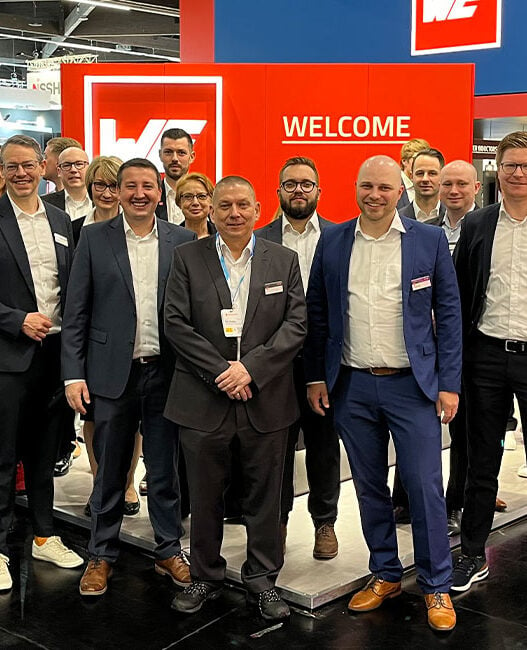The AI Action Summit has brought together leaders and industry from 80 countries across the globe to roadmap the state of play for artificial intelligence, identifying key opportunities and risks for the technology.
Central to the discussion is the recently published International Safety Report, exploring the risks and guidelines of evolving AI systems, with the event expected to be a stress test for AI governance.
The agreement promotes an AI framework that is “open,” “inclusive,” and “ethical,” aiming to balance technological progress with responsible development.
However, neither the UK nor the US has provided an official reason for abstaining from the agreement.
US Vice President JD Vance warned against over-regulating AI, arguing that excessive restrictions could stifle innovation before the industry reaches its full potential. His remarks contrasted with the stance of French President Emmanuel Macron, who defended stricter oversight.
European Commission President Ursula von der Leyen underscored the need for concrete action, stating on the BBC: “This summit is focused on action, and that is exactly what we need right now.” She reaffirmed Europe’s commitment to an AI strategy that prioritises innovation, international cooperation, and open-source technology.
With global AI governance under increasing scrutiny, the UK and US’s reluctance to commit to the agreement signals a potential divide in regulatory approaches among major economies.












